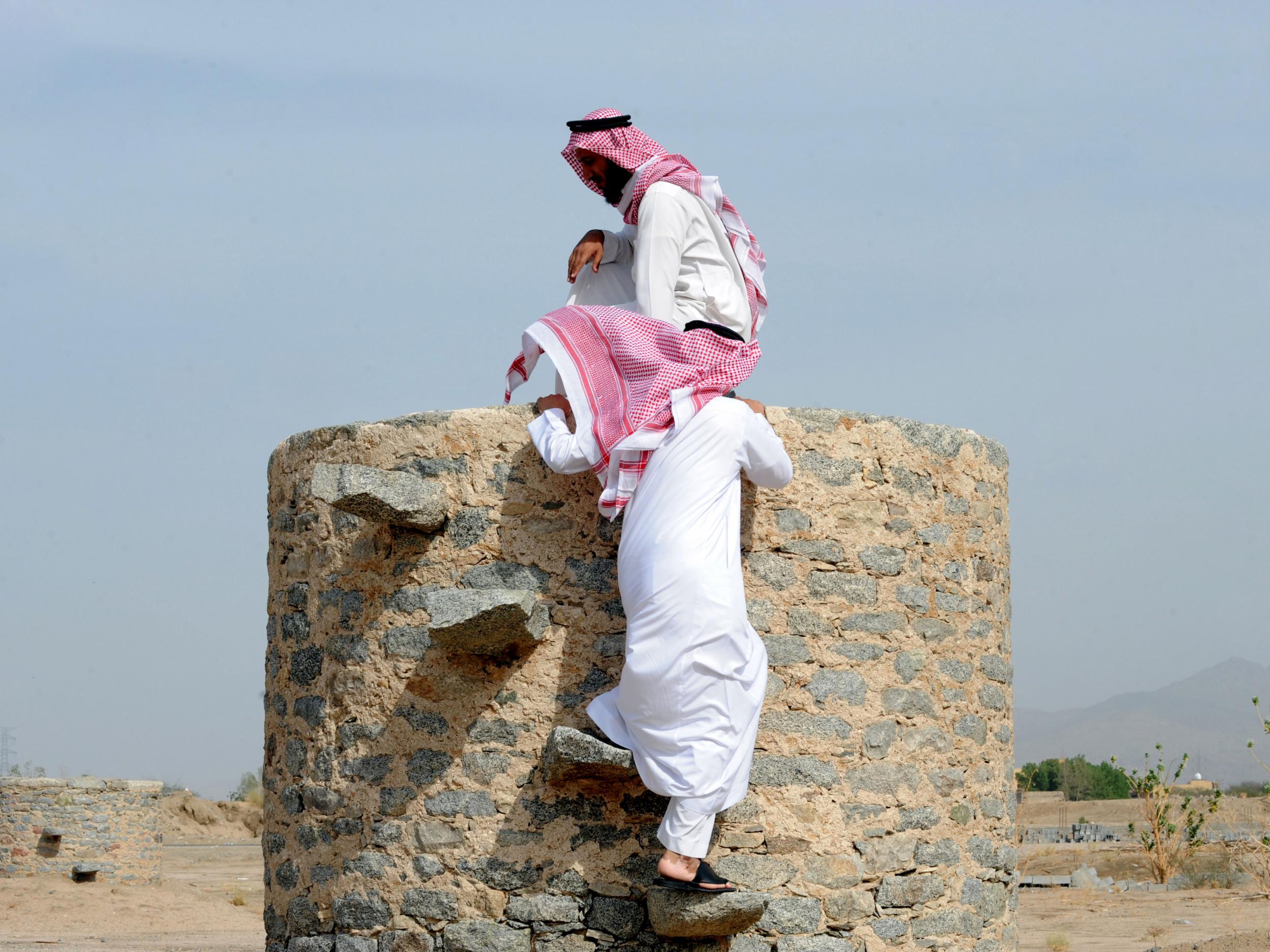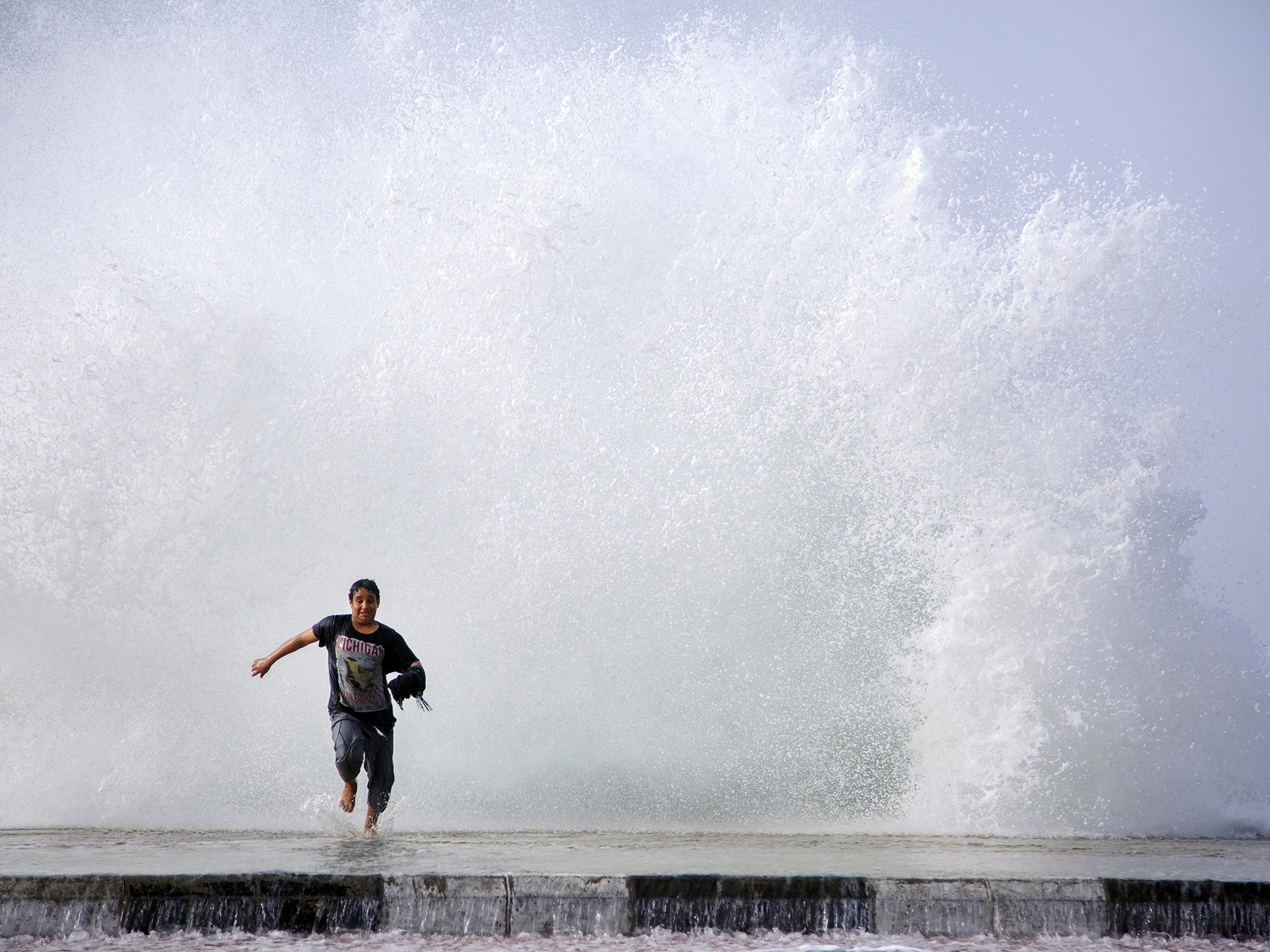Saudi Arabia is running out of water
Saudi Arabia has started taxing water for residents to try and address the soaring cost of debt as oil revenues decline

Saudi Arabia has started taxing water for residents to try and address the soaring cost of debt as oil revenues decline.
The water tariff comes amid warnings that Saudi Arabia’s groundwater will run out in the next 13 years.
Mohammed Al-Ghamdi, a faculty member at King Faisal University, warned that groundwater was running out after the World Bank issued a report on global natural water scarcity.
Groundwater in Gulf countries is running out because they have some of the highest levels of water consumption per capita in the world, Saudi newspaper Al-Watan Arabic daily reported. Daily water per person is reported to be 265 litres in Saudi Arabia, double the EU average.
“Official estimates have been disclosed showing an acute drop in water levels in agricultural areas, and that indicates the seriousness of the situation,” Al-Ghamdi said.

“This is a dangerous situation for all future crops that depend on these aquifers.”
Saudi relied on two sources of water: groundwater and water from desalination plants that remove salt from seawater. But the desalination process is extremely energy intensive.
Groundwater accounts for 98 per cent of water sources in Saudi Arabia, because the kingdom is devoid of rivers and lakes.
The New Arab, a news site on the Arab world, said that reservoirs in central Saudi Arabia have “turned into sand pits”.
Saudi climate professors believe the water crisis stems from the 1983 decision to grow wheat in the kingdom. Wheat farming is now banned, but farming of hay, olive trees and date palms continues.
The Arab Gulf is said to suffer from the most complex water crisis in the world.
In nearby UAE, the Government is investing heavily in cloud-busting technology that shoots flares containing table salt into clouds to wring more rain out of them.
The World Bank said that water security is the number one global risk facing development. By 2030, there is expected to be a 40 per cent shortfall between forecasted demand and the available supply of water.
Join our commenting forum
Join thought-provoking conversations, follow other Independent readers and see their replies
Comments